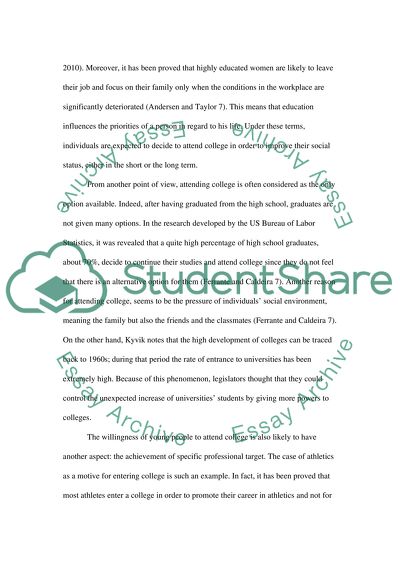Cite this document
(“Why Do People Go to College Research Paper Example | Topics and Well Written Essays - 1500 words”, n.d.)
Retrieved from https://studentshare.org/sociology/1443136-why-do-people-go-to-college
Retrieved from https://studentshare.org/sociology/1443136-why-do-people-go-to-college
(Why Do People Go to College Research Paper Example | Topics and Well Written Essays - 1500 Words)
https://studentshare.org/sociology/1443136-why-do-people-go-to-college.
https://studentshare.org/sociology/1443136-why-do-people-go-to-college.
“Why Do People Go to College Research Paper Example | Topics and Well Written Essays - 1500 Words”, n.d. https://studentshare.org/sociology/1443136-why-do-people-go-to-college.


